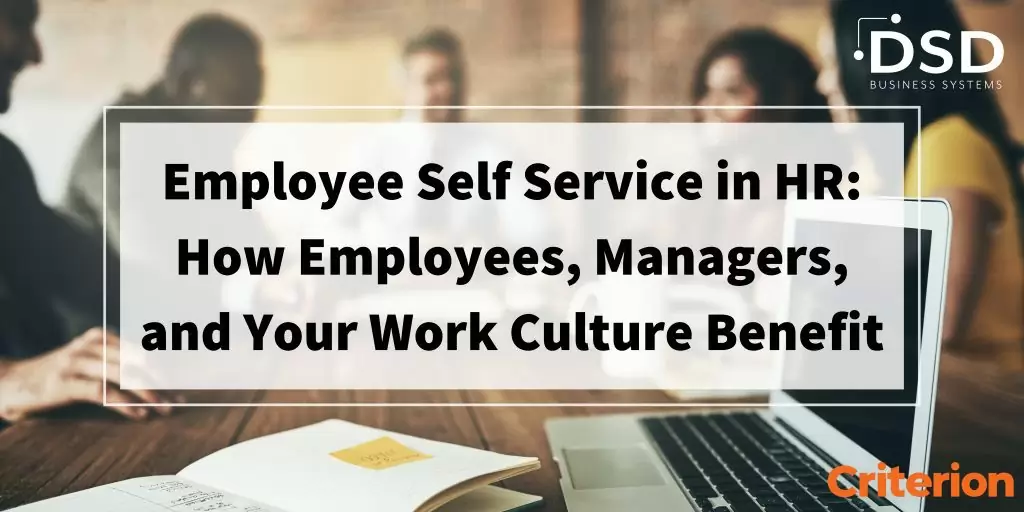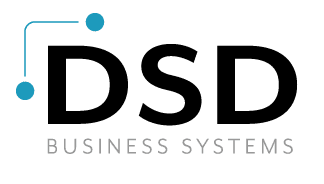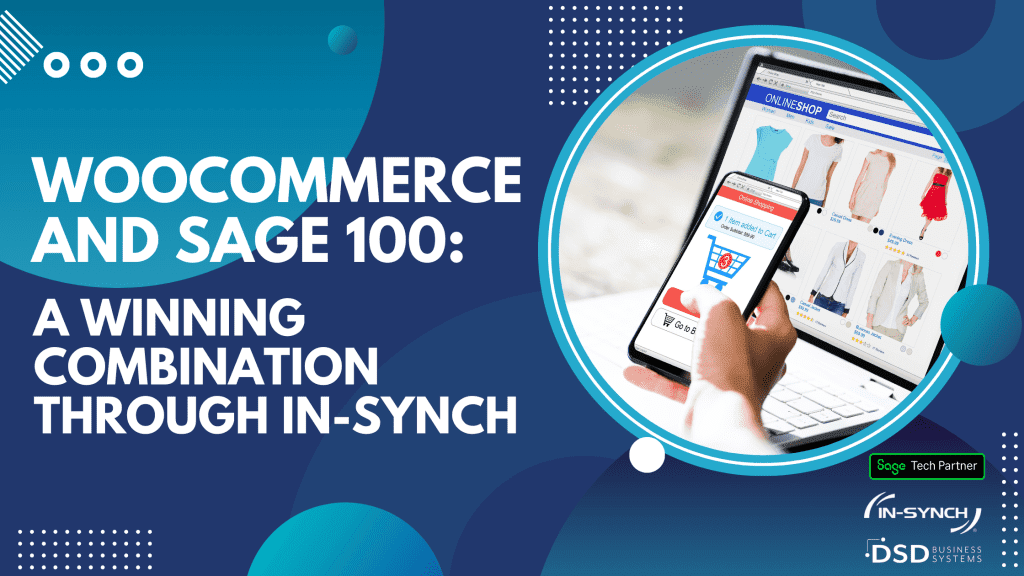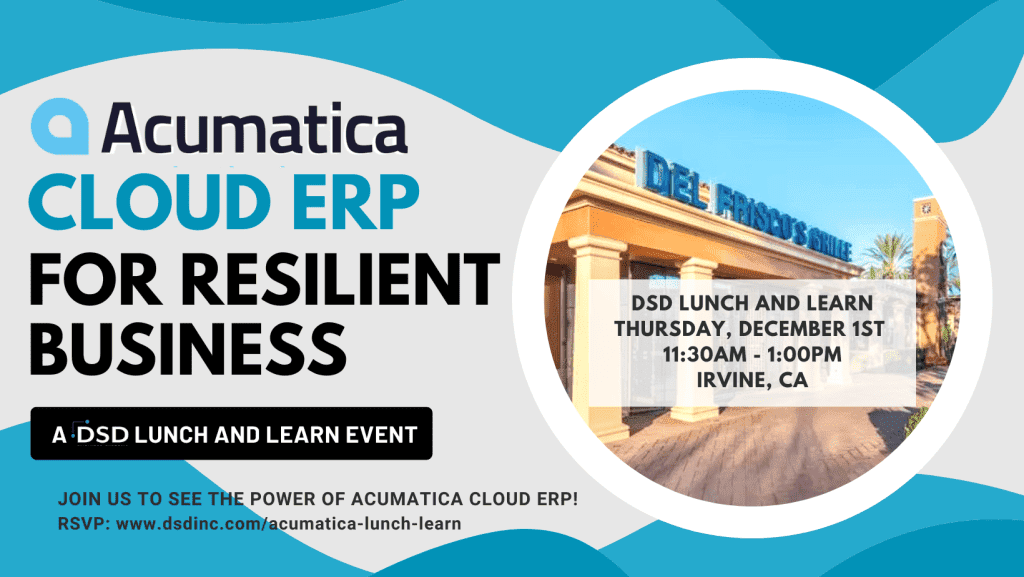Employee Self Service in HR: How Employees, Managers, and Culture Benefit
August 17, 2021

How Can Your Business Benefit From Manager And Employee Self Service?
Businesses looking to optimize their HCM systems have a list of practical necessities they should consider. Including the overall importance of modern HCM to support their business goals. Research by Korn Ferry found that human capital is 2.33 times more valuable than physical capital, and organizations that improve the discretionary energy of their people see their EBITDA double on average. Modern HCM is a direct driver not only of employee engagement and performance but ROI.
How can businesses boost that “discretionary energy?” One easy strategy is to provide the employee self-service (ESS) and manager self-service (MSS) functions that encourage mutual transparency, promote autonomy, and boost manager and employee experience. Self-service makes work easier, whether it’s managing everything from one’s own job to the whole team.
4 Areas Self-Service Helps
#1: Workforce Management
Looking at the difficulties business faced over the past year or two, organizations have been forced to shift work from on-site to remote.
This huge transition highlights the need and importance of workforce management.
SHRM calls workforce management one of the 2021’s trending HR technology investments. Recent survey results show 30% of respondents are planning to change or re-evaluate their workforce management this year.
To be effective, a Self-Service workforce management system should include:
Enable employees and managers to function anywhere, any time
Improved administration functions & reports
Future opportunities for learning and development.
Managers and employees must be able to complete virtual paperwork, coordinate and manage schedules off-site, and handle time-off needs effectively. In terms of development and learning, self-service enables employees to finish their goals all the while seizing opportunities to acquire new skills, reducing the stress that comes with having to crunch required learning modules in between more pressing responsibilities. Linked to reporting functions and automation, self-service provides streams of data for HR and managers; creating a picture of the workforce that supports better decision-making going forward.
#2: Employee Experience
It is a common misconception that employee experience means face-to-face, person-to-person, or on-site interactions. As more interactions take place through a digital environment, the experience of interacting with technology can be just as effective as in person. From an HR tech standpoint, this new reality means that user experience equals employee experience.
What happens within the digital sphere of HR has an outstanding effect on an employee’s perception of their manager, job, their workplace, and their team. Criterion is relentlessly calibrating the user experience to best fit the shape of the new digital workplace.
Employee Self Service solutions aim to build bridges — between teams and people — and overcome disruptions and challenges. These challenges can consist of issues such as the shift to remote work and the need for safe social distancing. This impact is felt by managers as well as employees, as the whole workforce turns to a digital ecosystem of interactions and functions to communicate, collaborate, and get their work done. For both managers and employees, having access to important HR functions and being able to accomplish them in a busy work day greatly decreases stress.
#3: manager experience
Managers have been the MVPs of the pandemic for so many businesses this past year. Manager self-service (MSS) contributes by providing better access to information and freeing up time and bandwidth to complete higher-level tasks. MSS transforms the manager’s role from reactive to a proactive one. A Harvard Business Review study found that issues of communication and reporting can leave some managers feeling stressed in terms of their virtual effectiveness.
One approach to overcoming that is new technology that enables teams; rather than managers needing to control and oversee tasks. Not having to rely on HR when it comes to running a report or accessing data also reduces that sense of friction between the need and the ability to make key decisions.
Manger Self-Service offers management functionalities such as:
Onboarding
Engagement
Succession
Performance and workforce management
Learning and employee development
Manager experience can take many forms. It may range from simply accessing information on teams and running real-time reports to being able to handle employee issues such as raises or transfers.
It enables managers to take a more strategic role by paving the way for faster completion of lower-level tasks. As with any aspect of HCM, simplicity and ease of use are critical to any business.
#4: improving the workplace culture
According to a recent study, 77% of employees in an O.C. Tanner Institute study reported that their workplace culture will never go back to what it was before the pandemic. To adapt it to the nature of workplaces post-pandemic, software platforms that facilitate better communication and collaboration are going to be key differentiators.
We’ve found at Criterion is far more than just an array of tools that make work easier. It is also a clear sign of a commitment by the employer to boost the workplace culture, demonstrate a people-centric approach to employees’ time, and showing people that they are their input and creativity is valued.
For so many, self-service is a practical a necessity. It is time employers consider self-service in that same light, as a strategic ally in people management. Self-service inherently offers opportunities for autonomy, encourages accountability, and promotes a sense of transparency. By improving employee experience, it may serve to build the employer brand. That in turn can increase the chances of successful recruiting and hiring in an increasingly competitive marketplace; where employee reviews have become a key factor in a candidate’s decision to apply or pass. For mid-market companies squeezed by both sides, that can give the organization the edge: in retention, engagement, and hiring.
With Criterion, organizations empower employees to complete new hire paperwork and ensure they fill out the documents including electronic signatures.
The self-service function encourages team members to sign up for required training and track it to make sure they maintain certifications.
Employees can view their pay slips, add/change bank accounts, addresses and dependents/emergency contacts all in one easy-to-use portal. Whether it is a manager review, or self-review, peer or 360; Criterion HCM can address them all.








